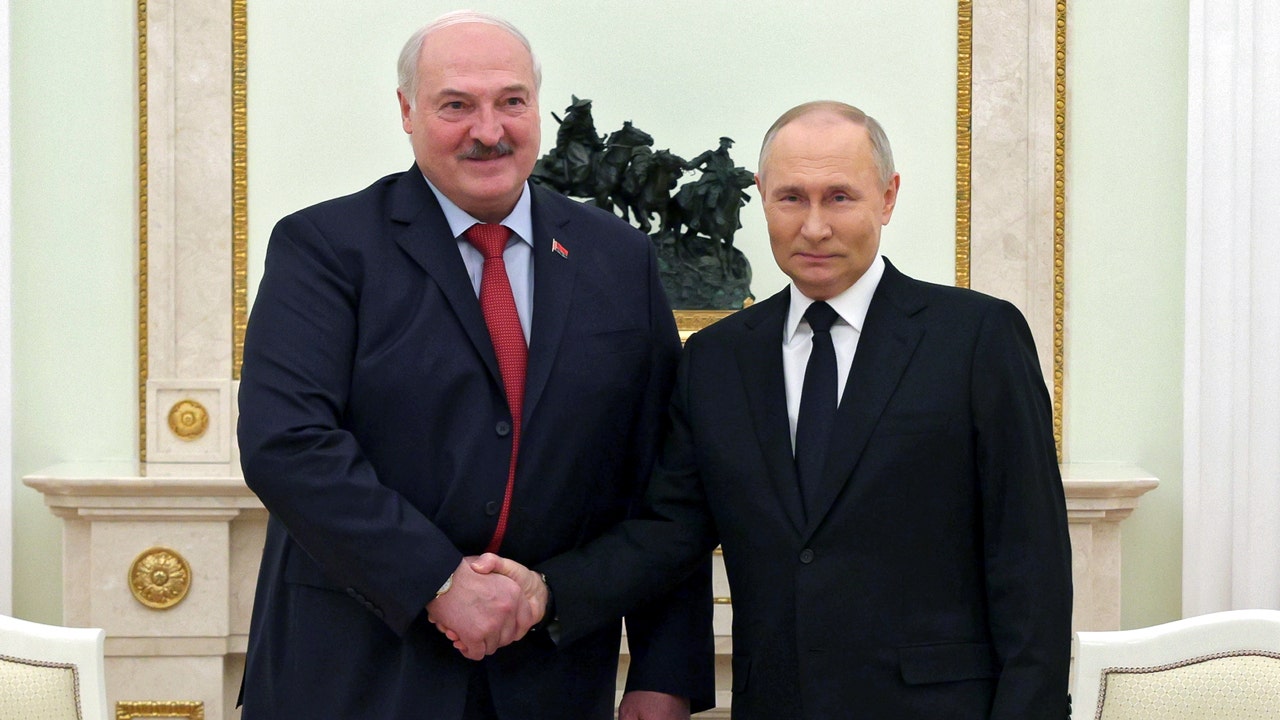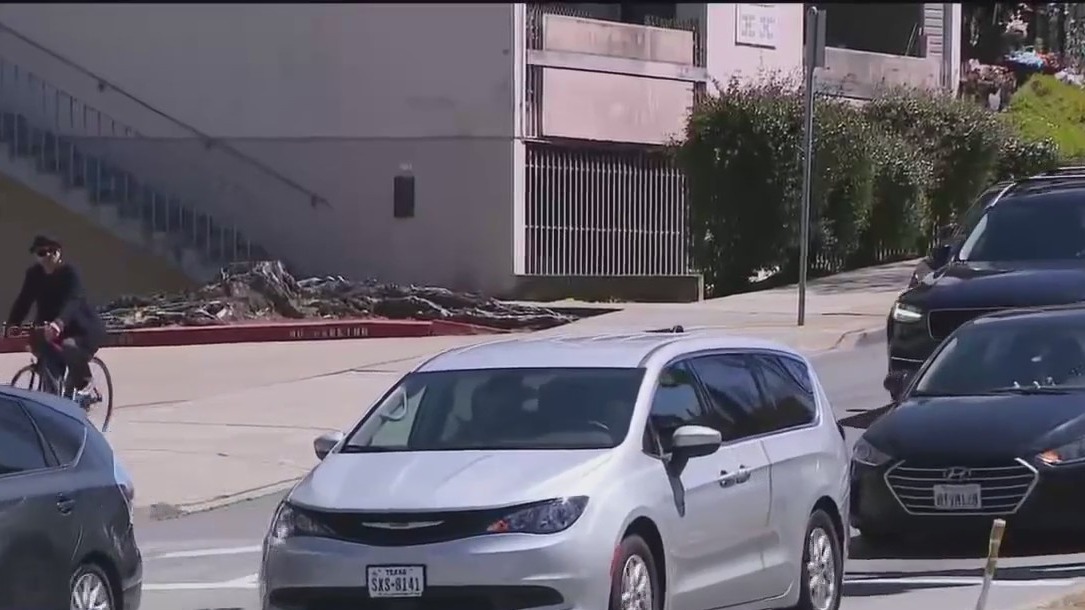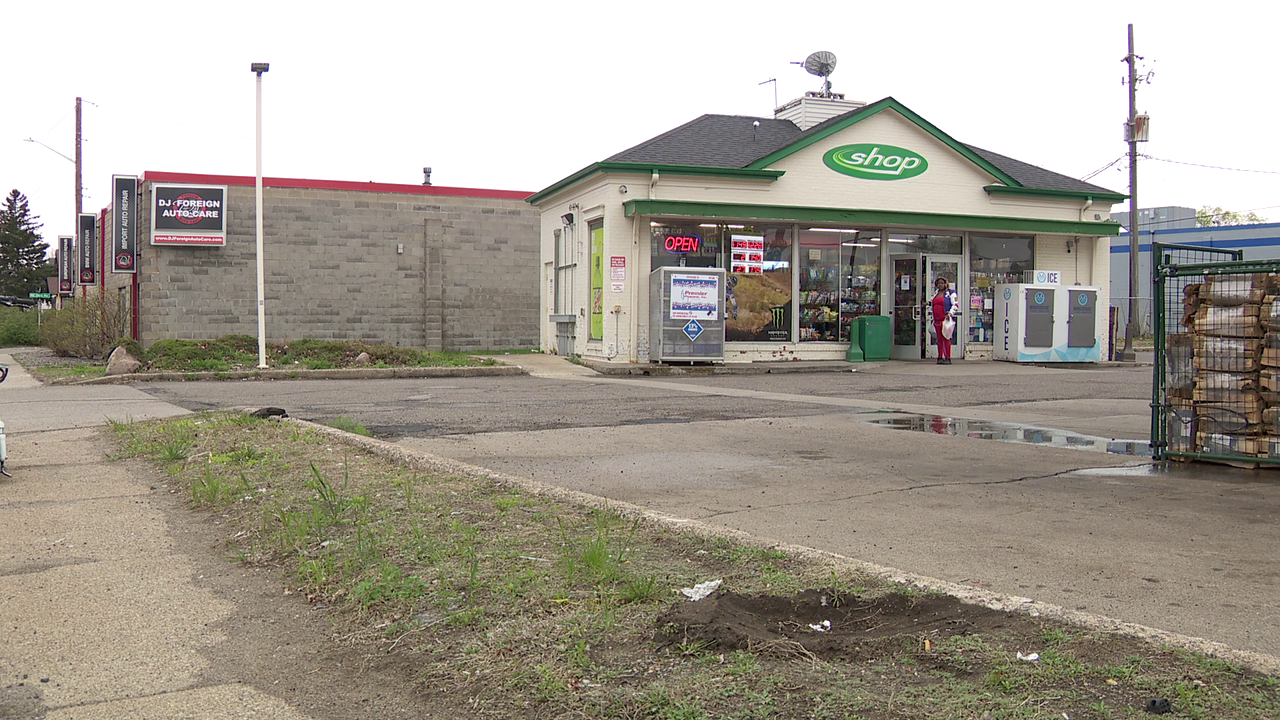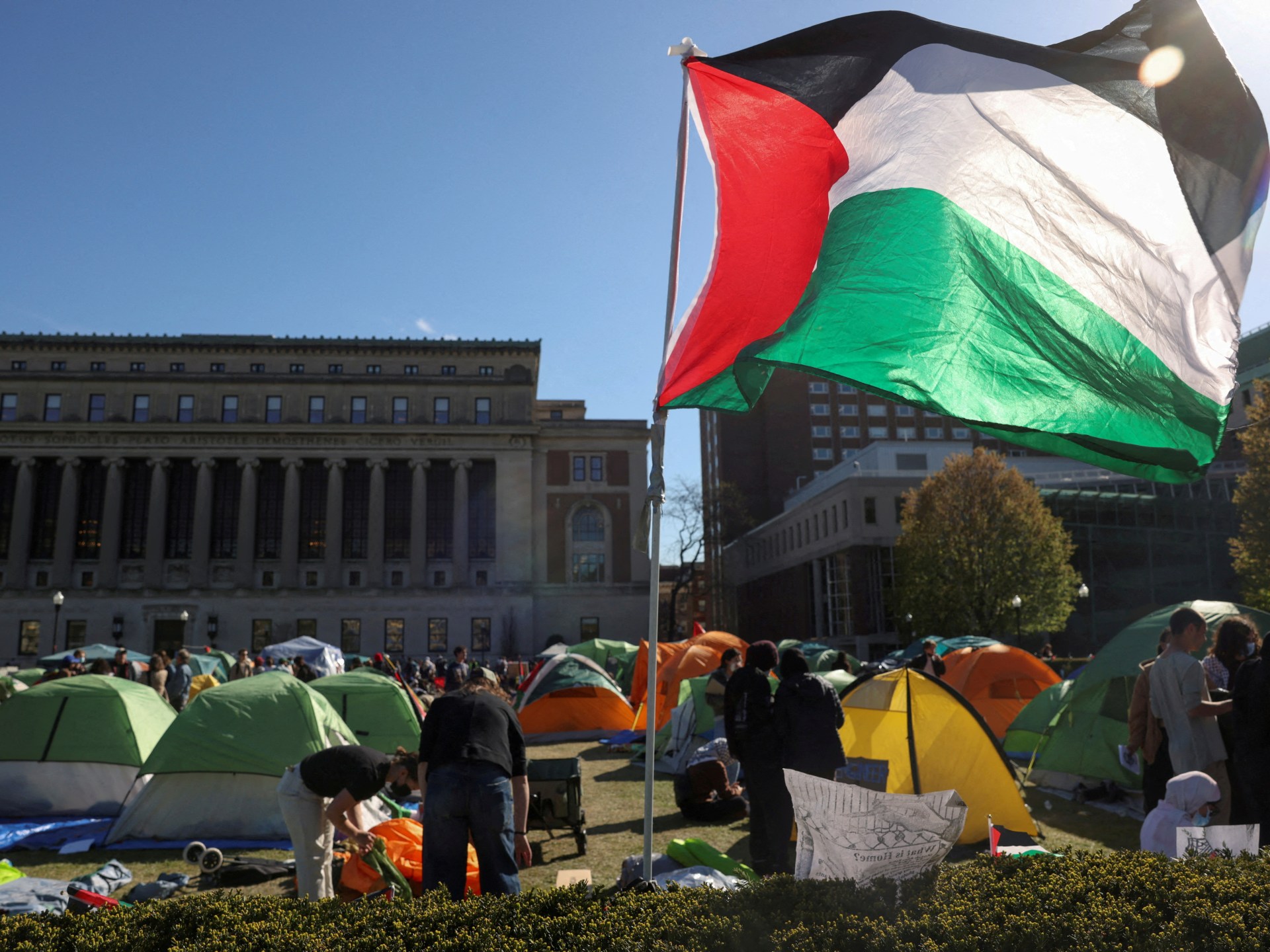World
Photos: Long winter for Morocco quake survivors

Long, cold months have passed since an earthquake levelled Abdallah Oubelaid’s impoverished village in Morocco’s High Atlas mountains.
Every day, he or other villagers come to inspect the debris. They hope to find pieces of wood for heating and cooking or even to recover objects of value that have so far escaped their searching, and all the while, a bitter Oubelaid wonders when he will get the government aid that he applied for.
“Every time I ask, they tell me it’s going to happen,” Oubelaid, 35, said. “But I have children to feed and to clothe.”
Moroccan authorities said about 3,000 people died during the magnitude 6.8 earthquake that struck on September 8, damaging more than 60,000 houses.
From Oubelaid’s village of Douzrou, about 80km (50 miles) southeast of Marrakesh, residents give a death toll of about 80.
A pink and white mosque minaret stands out among the rubble of the village that clung to the mountainside.
The survivors, 150 families, found refuge a few kilometres away on rocky ground beside a road with a view of snow-capped mountains.
About 120 of them have received help from the government. They either got a 2,500-dirham ($250) monthly stipend or 20,000 dirhams ($1,990) for reconstruction.
The rest, like Oubelaid, said they don’t know why they received nothing.
By the end of January, the Moroccan government said about 57,600 families had received the monthly stipend and more than 44,000 households obtained the reconstruction aid.
Prime Minister Aziz Akhannouch said the government “sets itself the challenge of responding to the expectation of the local population with promptness and efficiency”.
Yet some remain desperate for help.
Local media said hundreds of people from areas south of Marrakesh in Taroudant province and the town of Talat Nyacoub have demonstrated since January against the delayed payments and reconstruction aid during difficult winter conditions.
Last month, a left-wing member of parliament, Fatima Tamni, said while questioning Interior Minister Abdelouafi Laftit that reconstruction efforts “remain immersed in obscurity and improvisation”.
She called on Laftit to take action, according to the Hespress news website.
The Moroccan government said some applications were rejected because residents did not live in the affected areas at the time of the earthquake or because their homes were still inhabitable.
In larger towns like Amizmiz, workers and backhoes are busy.
Things seem to have returned to normal, even as families still live in dozens of yellow tents donated by authorities. Covered with tarpaulins for protection against the rain and mountain cold, the tents occupy every patch of empty land.

World
Brussels, my love? MEPs check out of Strasbourg after 5 eventful years

This edition comes to you from Strasbourg where MEPs voted on no fewer than 90 files.
Our guests this week include Robert Biedron, Polish MEP from the Socialist group, Deirdre Clune, outgoing Irish MEP from the European People’s Party and Jaume Duch, the spokesperson for the European Parliament.
The panel picked apart the highs and lows of the last 5 years at the European Parliament. From sealing deals on a migration pact after a decade of debate and the world’s first ever AI regulations, MEPs sounded satisfied that a lot of compromises had been clinched but still concerned about the major inequalities across Europe.
Jaume Duch hopes people will vote this June.
“Now it’s about the future of the continent, not just the European Union, the continent. Citizens need to know that this time it’s about how we are going to shape our future, not just for the next five years, maybe even ten or more, depending on the result of European elections.”
Watch ‘Brussels, my love?’ in the player above.
World
Marla Adams, Who Played Dina on The Young and the Restless, Dead at 85

ad
World
Hacktivist group claims it infiltrated Belarus security agency

A Belarusian hacker activist group claims to have infiltrated the network of the country’s main KGB security agency and accessed personnel files of over 8,600 employees of the organization, which still goes under its Soviet name.
The authorities have not commented on the claim, but the website of the Belarusian KGB was opening with an empty page on Friday that said it was “in the process of development”.
Seeking to back up its claim, the Belarusian Cyber-Partisans group published a list of the website’s administrators, its database and server logs on its page in the messaging app Telegram.
BELARUS SAYS IT THWARTED ATTEMPTED LITHUANIAN DRONE STRIKES; VILNIUS REBUFFS CLAIMS
Group coordinator Yuliana Shametavets told The Associated Press from New York that the attack on the KGB “was a response” to the agency’s chief Ivan Tertel, who publicly accused the group this week of plotting attacks on the country’s critical infrastructure, including a nuclear power plant.
“The KGB is carrying out the largest political repressions in the history of the country and must answer for it,” said Shametavets. “We work to save the lives of Belarusians, and not to destroy them, like the repressive Belarusian special services do.”
Russian President Vladimir Putin, right, and Belarus President Alexander Lukashenko pose for a photo during their meeting at the Kremlin in Moscow, Russia, Thursday, April 11, 2024. (Gavriil Grigorov, Sputnik, Kremlin Pool Photo via AP)
Shametavets said the group was able to access the KGB’s network “several years ago” and has been trying to hack its website and database ever since. Once it succeeded, she said Cyber-Partisans was able to download personal files of more than 8,600 KGB employees. да нет
Based on that data, Cyber-Partisans launched a chat bot on Telegram that would allow Belarusians to identify KGB operatives by uploading their photos.
“We want to show that in the digital world it is impossible to hide information, and the truth about political repressions will surface, and those who carried them out will be punished,” Shametavets said.
Last week, Cyber-Partisans claimed infiltrating computers at the country’s largest fertilizer plant to pressure the government to release political prisoners. The state-run Grodno Azot plant has made no comment on the claim but its website has been unavailable since April 17.
Grodno Azot, with about 7,500 employees, is a key producer in the country, which relies heavily on chemical industries.
Belarus, a close ally of Russia, was rocked by mass protests after an election in 2020 that gave authoritarian President Alexander Lukashenko his sixth term in office — a vote that was denounced by the West and the opposition as fraudulent. Authorities responded by arresting more than 35,000 people and brutally beating thousands of them. Many top opposition figures were arrested and given long prison terms, while others fled abroad.
The country’s oldest and most prominent rights group Viasna says nearly 1,400 people are political prisoners in Belarus, including its founder and 2022 Nobel Peace Prize winner Ales Bialiatski.
Cyber-Partisans have carried out several large-scale attacks on Belarusian state media in the last four years, and in 2022 hacked Belarusian Railways three times, hijacking control over its traffic lights and control system and paralyzing transit of the Russian military equipment into Ukraine via Belarus.
“We’re telling the Belarusian authorities that if they don’t stop political repressions, it will get worse,” Shametavets said. “We will continue the attacks in order to inflict that maximum harm of the Lukashenko regime.”
-

 Movie Reviews1 week ago
Movie Reviews1 week agoMovie Review: The American Society of Magical Negroes
-

 World1 week ago
World1 week agoIf not Ursula, then who? Seven in the wings for Commission top job
-

 News1 week ago
News1 week agoGOP senators demand full trial in Mayorkas impeachment
-

 World1 week ago
World1 week agoCroatians vote in election pitting the PM against the country’s president
-

 World1 week ago
World1 week ago'You are a criminal!' Heckler blasts von der Leyen's stance on Israel
-

 Politics1 week ago
Politics1 week agoTrump trial: Jury selection to resume in New York City for 3rd day in former president's trial
-

 Movie Reviews1 week ago
Movie Reviews1 week agoPon Ondru Kanden Movie Review: This vanilla rom-com wastes a good premise with hasty execution
-

 Kentucky1 week ago
Kentucky1 week agoKentucky first lady visits Fort Knox schools in honor of Month of the Military Child

















